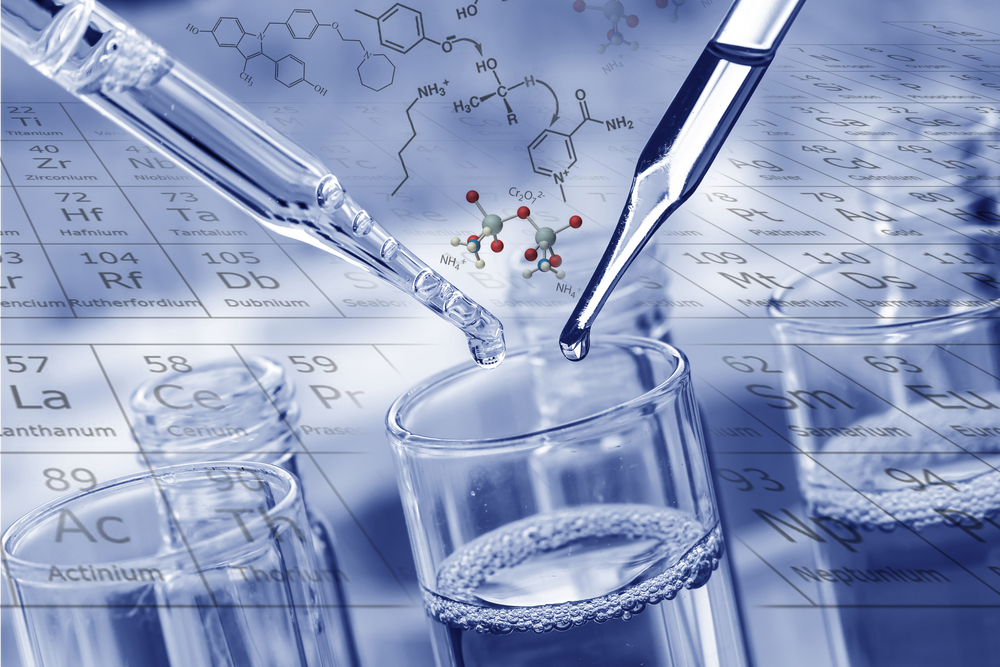Catabasis Aims for Phase 1 Trial of Cystic Fibrosis Therapy with Convincing Preclinical Data

Catabasis Pharmaceuticals’ compound CAT-5571 showed promising effects on CFTR activity (the defective gene/protein in cystic fibrosis) in preclinical models of cystic fibrosis when added to treatment with the drug Orkambi.
Whether these results also hold true in humans will soon be answered, as Catabasis plans to launch a Phase 1 trial of CAT-5571 for cystic fibrosis (CF) in the last quarter of 2017 or early in 2018.
While the drug primarily targets patients with the F508del mutation in the CFTR gene, results indicated that CAT-5571 could be effective in clearing Pseudomonas aeruginosa infections regardless of the underlying mutation. Infection with P. aeruginosa bacteria, an opportunistic pathogen associated with CF, is linked to a worse prognosis.
The study, “Fatty Acid Cysteamine Conjugates as Novel and Potent Autophagy Activators That Enhance the Correction of Misfolded F508del-Cystic Fibrosis Transmembrane Conductance Regulator (CFTR),” detailed the synthesis and characterization of the entire CAT-5000 series of molecules. The work was published in the Journal of Medicinal Chemistry.
CAT-5571 is a compound composed of two fatty acids — cysteamine and the omega-3 DHA (docosahexaenoic acid) — permanently linked to each other. Catabasis showed that this ensures better effects than when the molecules are given in combination, even at high doses.
The compound activates what is known as autophagy. This process, in which certain cellular structures degrade old or faulty cellular components, is crucial for cell health and infection defenses. Studies also showed that this process is not working properly in CF patients.
An improved autophagy, in turn, enhances the effects of Orkambi. In lab-grown lung epithelial cells, isolated from patients with the F508del mutation, more CFTR reached the cell’s surface and improved the activity of the protein — measured by an increase in the chloride ion flow across the cell membrane.
“We are excited about these preclinical results and the potential of autophagy activation by CAT-5571 as a treatment for CF that is able to improve CFTR trafficking and function. We look forward to progressing CAT-5571 in preclinical development and toward clinical development,” Andrew Nichols, PhD, chief scientific officer of Catabasis, said in a press release.
The better clearance of P. aeruginosa bacterial infections is likely also linked to the improved autophagy, as this is a key mechanism used by the immune system.







